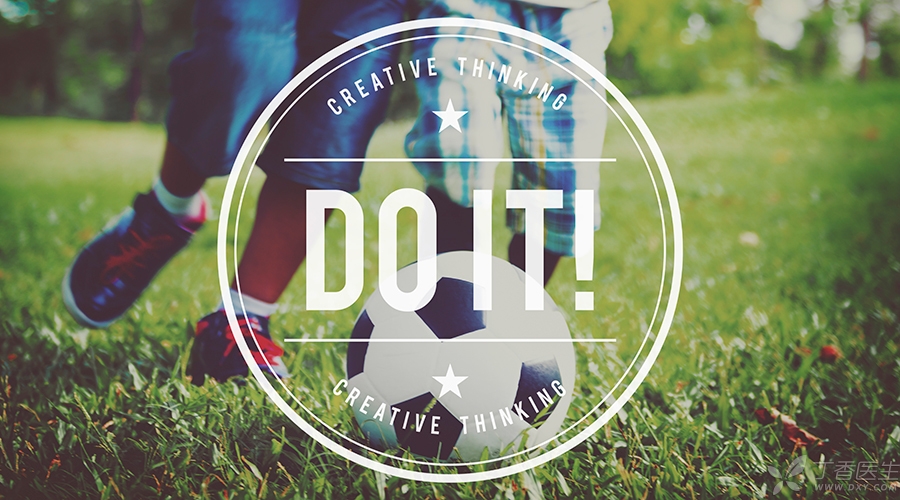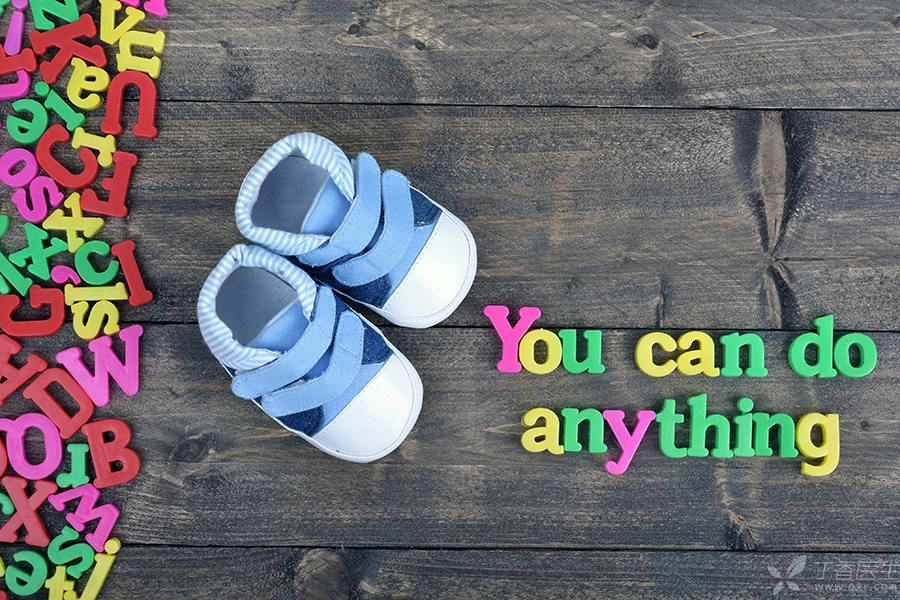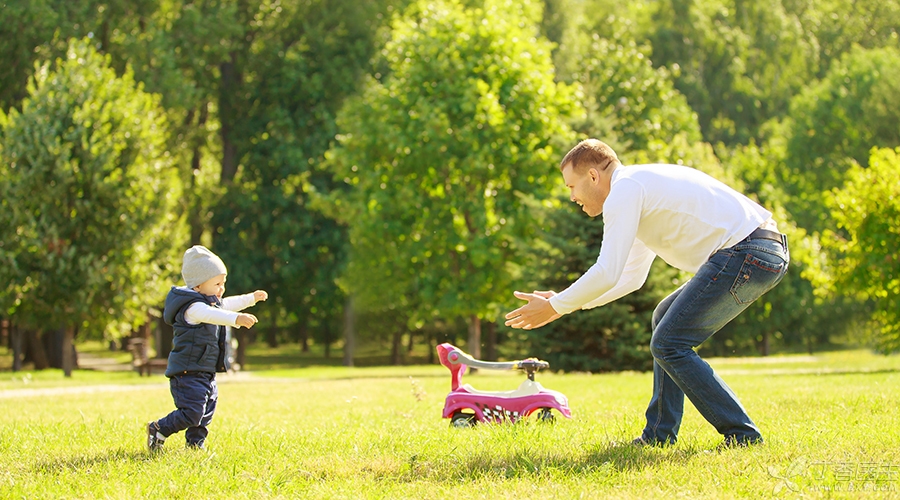
When it comes to children’s education, the importance of [encouragement] is basically mentioned.
Encouragement helps to cultivate children’s initiative, self-confidence, self-esteem and anti-setback ability, which are also the core qualities necessary for children to learn all aspects of their abilities.
However, encouragement is not as simple as saying a few words [come on] [baby will do it]. How can children be encouraged to achieve the desired results?
Next, I will talk about how to effectively encourage children through two personal experience stories.
Story 1: My uncle and I when I was six years old
When I first started primary school, my little uncle stayed in my house because of his work. At that time, my parents came off work late, and my little uncle’s factory was relatively close to the school. I went to find him after school every day, waiting for him to go home together after work. At that time, he gave me very important company.
After returning home every day, he began to cook, and I followed him.
Perhaps he found the curiosity in my eyes. One day, after washing rice and pouring water, he put the pan in front of me and asked, “Do you think this water is enough?” ]
I was a little surprised. Although I didn’t know how much water to put, I still pretended to understand it very well: [not enough, put more].
The little uncle added some water to it and continued to ask me, “What about now?” ]
I looked at it carefully (continue to brush the presence of anger): [put a little more.]
So he continued to add water and asked me. This time I finally said, “Well, just right!” ]
At dinner, my parents came back and the rice was just right. My little uncle said to me approvingly, “Today’s rice was very well cooked, thanks to your last request for a little more water!” ]
Hearing the compliment, I felt a burst of joy in my heart. Although I was only guessing, the stealing pride still made me very happy.
After that, my uncle would listen to my instructions every time he cooked, and the rice was also cooked very well. Slowly, I really knew how much water should be put in.
Now, although I do not have exquisite cooking skills, I still regard cooking as my hobby and feel relaxed in the process of cooking. This is because the initial good feeling has been linked with cooking and has been accompanying me all the time.
When I grew up, I also slowly understood that although I was directing blindly at the beginning, my uncle was secretly controlling how much water I added, how much fire I used and how long I stewed, and could always correct it.
It is not that I have the talent to cook, but that he has the talent to encourage me.

Why can my uncle’s practice have magical effects on me?
Accompanying: His company made him a very important person in my childhood, made me interested in what he did, and made me care about his encouragement.
Discovery: He discovered my interest. Behind the interest was initiative, and then the participation went smoothly.
Thinning: It’s like cooking for a baby, To cut the food into a size suitable for the baby to chew and swallow, the [activities] that the child wants to participate in also need to be [thinned]. Preparing a Chinese dinner is very complicated for a six-year-old child. He cuts out the simplest and easiest link to control to let me participate in, which is closest to my development level at that time, so that I can have successful experience.
Certainly: Because of my participation, the meal was especially delicious, and my sense of existence and accomplishment were strengthened in this causal relationship. Perhaps this causal relationship was objectively untenable or amplified at first, but it was like using electricity to ignite an engine, and my internal positive cycle started.
Tone:Maybe the child is very good [cheating], maybe his acting skill is really good, and the tone of his words really makes me feel very sincere.

Story 2: I and a six-year-old boy
A few years ago, I did a group parent-child activity for a group of six-year-olds.
In the previous activities, a mother and her son were often at odds. The mother scolded the child loudly for disobedience and inconsiderate of their own hard work, while the child sat idly ignoring the mother.
Once I took everyone to play a game of looking in the mirror. Many children made very creative moves, but the mother and son had just finished their quarrel. The mother refused to participate and sat watching her cell phone. The children also sat down with their heads bored.
The game of looking in the mirror is that parents and children stand face to face, and children do the same actions at will. Parents should do the same actions synchronously like children’s mirrors.
I could only let the assistant partner with the boy, but the boy stood there with his head down and did not know how to be what.
The assistant was a little worried and encouraged the boy to say, “You can do what’s movements casually, and you can see if your classmates’ movements have any you like.” The boy still did not move.
I walked up to the teaching assistant and said quietly: “Don’t worry, if you look carefully, he actually has some unconscious little movements, such as pinching his skirts, shaking his body slightly from side to side, and occasionally looking up at you, you can imitate his movements, which is slightly larger than his range.”
After a while, the boy found that the assistant seemed to be imitating his own little tricks, so he consciously did other actions to confirm them. Then he smiled and found that the assistant smiled in the same way.
Soon, the boy appeared many very free and creative movements.
After seeing this, the mother on one side was also very surprised and came to take photos of the child from all angles. Although this mother occasionally complained about the child with me, she was very active in bringing the child over every time and the parent-child relationship also improved.
Why didn’t the teaching assistant’s initial encouragement work?
Because since [you can do any what action], why not do it without action?
In the boy’s emotional state at that time, it is also easy for him to feel that his autonomy has been denied and he may not have the enthusiasm to participate, thus making the game meaningless.
However, to use the body like a mirror to reflect the child’s state without any evaluation is to help the child establish a causal relationship of its own influence on the outside world.
Even if he did the little tricks unconsciously at first, he could still see himself unaware from the imitation of the teaching assistant and realize that when he was still struggling with how to play the game, he had already successfully participated.

Both my uncle’s encouragement to me when I was six years old and my encouragement to this six-year-old boy were similar.
In the process of accompanying the child, carefully explore the places worthy of encouragement, reflect them to the child like a mirror, help him realize the positive factors in himself that have not been discovered or valued, and help him see how the part of autonomy and participation that he can control positively affects the result of things.
Even if this causal link does not exist at first or is too weak for children to detect, some amplification or pretending can also help children build interest and confidence from scratch.
How to effectively encourage children is an art that needs to be practiced. In fact, not only children need to be encouraged, but also parents need to be encouraged in the process of practicing encouraging children. It can be encouragement from their partners or from themselves.
After reading this article, you can try to encourage yourself or your partners around you to reflect what he has done like a mirror to make things better ~
